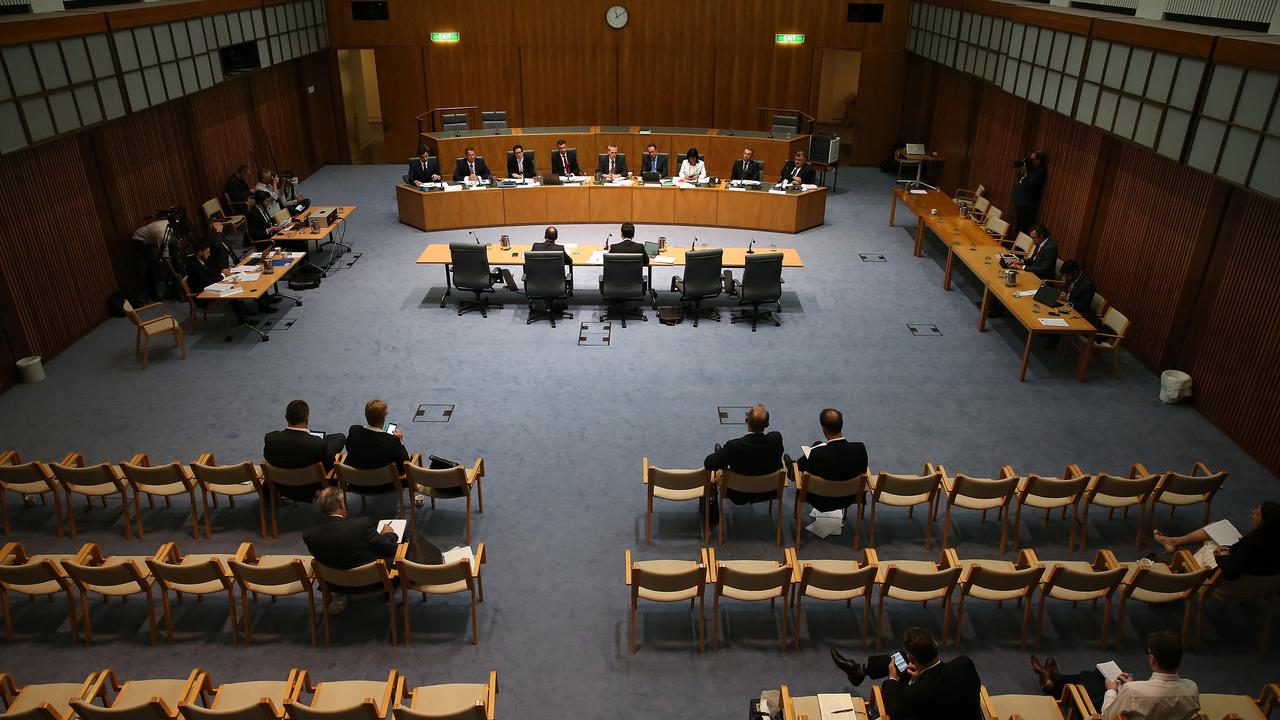
This emerged from the comments of a reader to my commentary yesterday on the Sydney and Melbourne apartment markets in the light of a warning by Meriton’s Harry Triguboff (Apartment market ‘sinking fast’, September 15)
One of my readers who did not allow his full name to be published but used the name “James” complained that I had grossly understated the problem.
James revealed that he owned and ran a debt and equity funding business that is on the frontline of the apartment settlement problem. His business deals with the developers of the apartment complexes rather than rather than the investors.
James describes what is ahead this way:
“The problem is much worse than what you have described. Our analysis of every development in the country suggests that settlement failures will be between $1 billion and $1.5bn every month for the next 12 months. This is from the Chinese alone, but when settlement prices start coming more than 10 per cent under purchase prices, we will also start to see local buyers attempting to walk away from settling. As Julius Caesar famously said: ‘the die is cast.’”
To understand the implication of what James’ analysis reveals we need to step back and see how the apartment boom was funded.
Most developers of apartments in Australia collect their Chinese off-the-plan deposits and then use them to gain security for a bank loan. Those bank loans can constitute 40, 50 or even 60 per cent of the cost of the apartment complex. The developers obtain the rest of their funding from businesses like those operated by James.
This is an area of finance which we know very little about because it is hidden from public view. The banks feel they are safe in their loans to developers because there is a big difference between their loans and the cost of the buildings. But the banks are often funding other players in the apartment development. Apart from the developer, the people at risk include unsecured suppliers and the enterprises that are providing the second mortgage funding.
If the Chinese fail to settle on the scale that Harry Triguboff is warning about, then there will be a deep problem. But if James’ study is correct that deep problem will develop into an economic catastrophe.
I write about apartments and Harry Triguboff because it’s an important issue for the nation but I know that any such commentary attracts people who disagree with me and I welcome their commentary.
Many readers were upset that I equated the banks demand for financial information from Chinese buyers with the “language test” used to block migrants in the 1950s.
I used the analogy not to suggest banks are racist — it is the sort of information that they require of locals — but rather to underline the fact that the Chinese can’t comply, so we are creating a crisis that will have wide ramifications.
Many readers will be delighted about the looming price fall but Australia undertook this enormous apartment development project in the belief that the Chinese would settle their contracts as they had done in the past.
But the combination of China’s tougher stance on funds leaving the country and our banks’ lending requirements means the boom was based on premises that turned out to be wrong.
Just as the collapse of the mining investment boom ravaged the economy, we must gird ourselves for another potential disaster. And when that disaster hits be ready for the Reserve Bank, APRA, the Chinese buyers and the big four banks to point their fingers at the other.
On the basis of James’ research and Triguboff’s experience, we face settlement failures of at least $1bn a month for 12 months — that’s $12bn as a minimum. It could be $18bn. And then it will be the locals’ turn, who, facing losses because of the price falls, will also not want to settle.
As a warning of what is ahead, Vancouver, which recently imposed new charges on Chinese investors, is experiencing a fall of about 10 per cent in residential property prices. In some areas, particularly expensive residences, the fall is even greater.
Hear from Alan Kohler, Robert Gottliebsen, Stephen Bartholomeusz & John Durie at a special member Q&A. Find out more or book tickets here.







While Australia debates its interest rate policy, the mass failure of many Chinese buyers to settle on apartment contracts is looming as a much bigger catastrophe than markets are expecting.